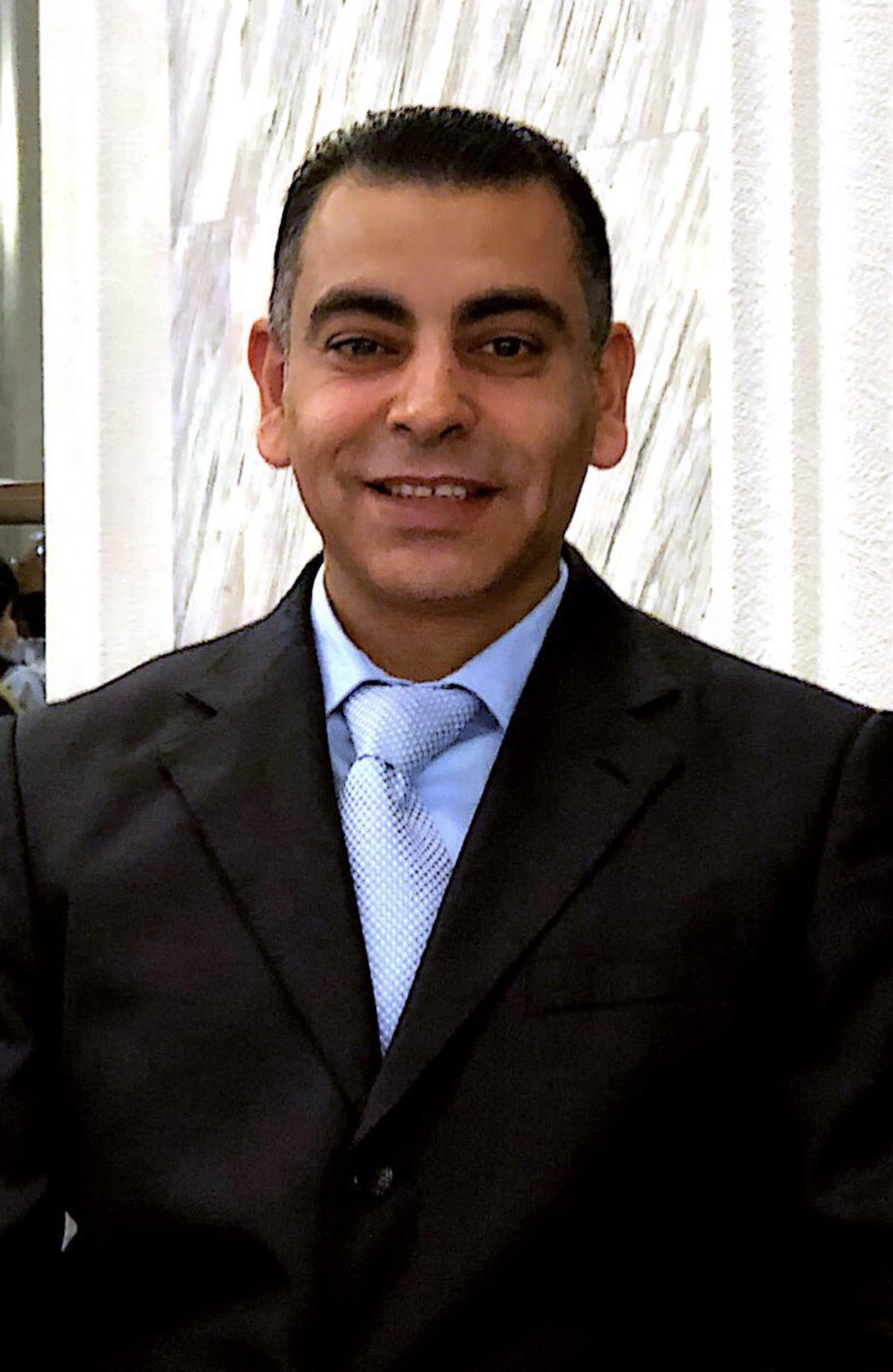Scientific Program

Abusaleh Muneif
Saint Mary and Elizabeth medical center (Saint Mary Campus)- Chicago- USA
Title: Investigation of relevant factors prognosis on RCRS post Surgery
Biography:
Abusaleh Muneif completed his MD, Ph.D. at the age of 32 years from the hospital of the first affiliated hospital of Sun Yat-Sen University, Guangzhou, China. Worked in Jerusalem for 7 years then moved to the USA, in the year 2017, started to work with many Physicians and Professors at different affiliated hospitals, Rush University Hospital ( Chicago), Thorek Memorial Hospital ( Chicago), St. Lukes Medical Centers ( Milwaukee) and now with Saint Mary and Elizabeth Hospital in Chicago City, Illinois state, USA He has many publications and contributor of a book name (The Maxillary Sinus Medical and Surgical Management)
Abstract
CRS is the most common naso-sinuses mucosal inflammatory disease, with an incidence rate of 8-15%, can seriously affect the QOL in patients and impact the lower respiratory tract inflammatory diseases, it is the contemporary focused attention and research topic by Rhinology academy. With functional endoscopic sinus surgery and the progress of standardization of combined therapy, the cure rate is near or at 90% but still, 10% of patients are dissatisfied with treatment, thus the treatment of CRS becomes difficult, these patients were referred to refractory CRS, although the main means through standardized operation and comprehensive drug treatment, patients are still an accompanied by persistent symptoms and signs, rather than simply acute exacerbation of CRS. Refractory CRS is a complexity of risk factors and other multifactorial involvement such as allergy, super-antigen, bacterial biofilm, chronic osteitis Etc, currently focusing on international rhinology academic research content. The main issue of research is a bacterial biofilm, allergy, and inflammatory cytokines, these three main aspects exist in patients with RCRS and may explore related factors and mechanisms.
- General ENT
- Otology
- Rhinology and Sinusitis
- Laryngology
- Head & Neck Surgery
- Tonsillitis
- Speech and Swallowing disorders
- Various Sleep disorders
- Allergy & Immunology
- Pediatric Otolaryngology
- Facial Plastic Surgery
- Diagnostic Approaches in Otorhinolaryngology

